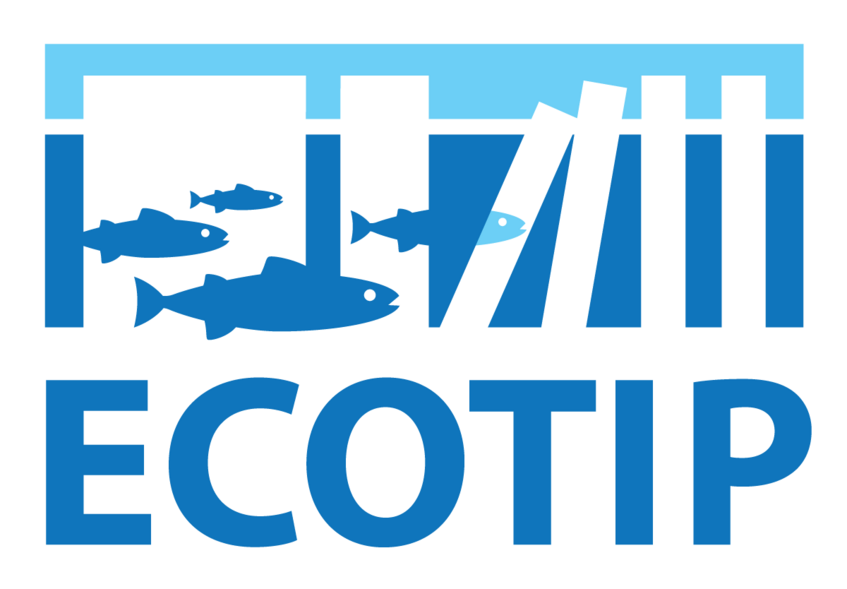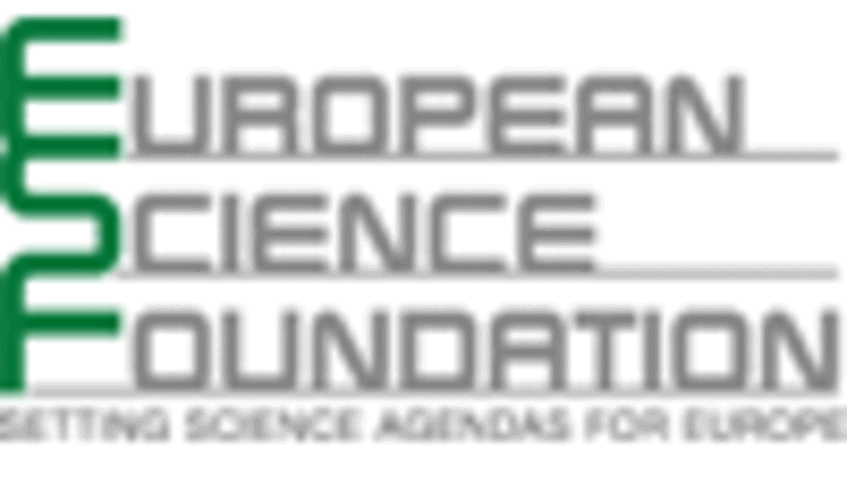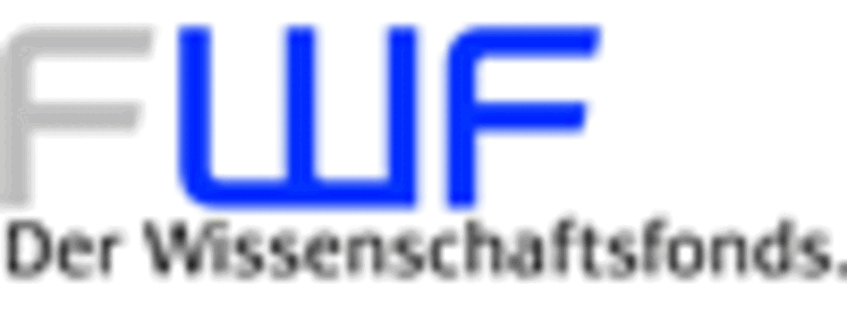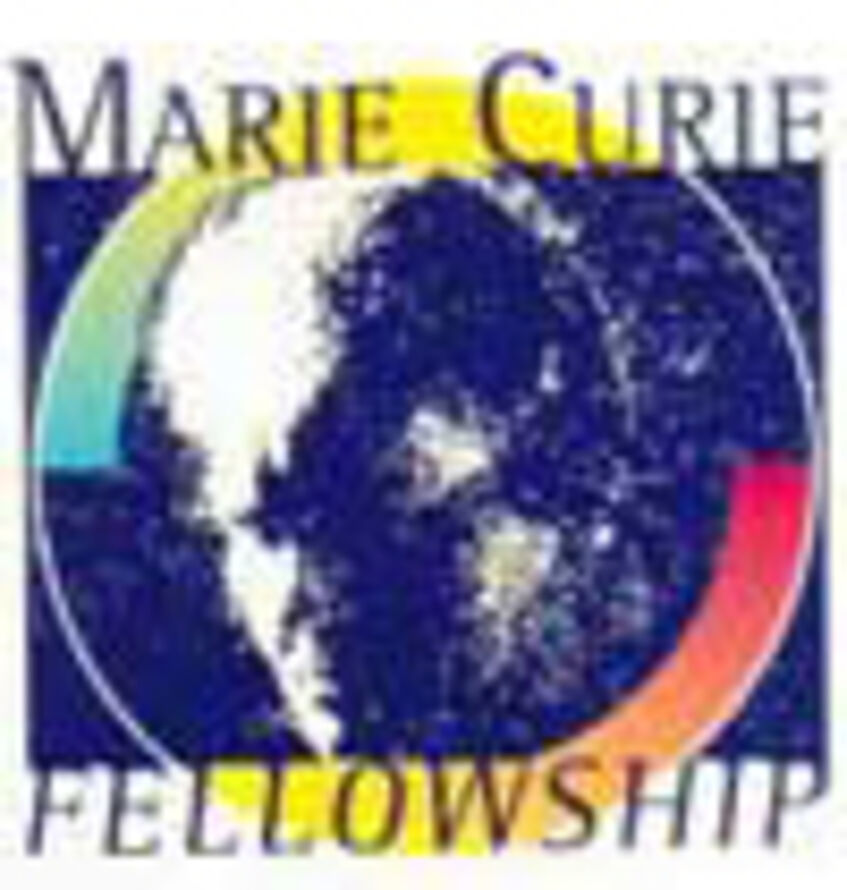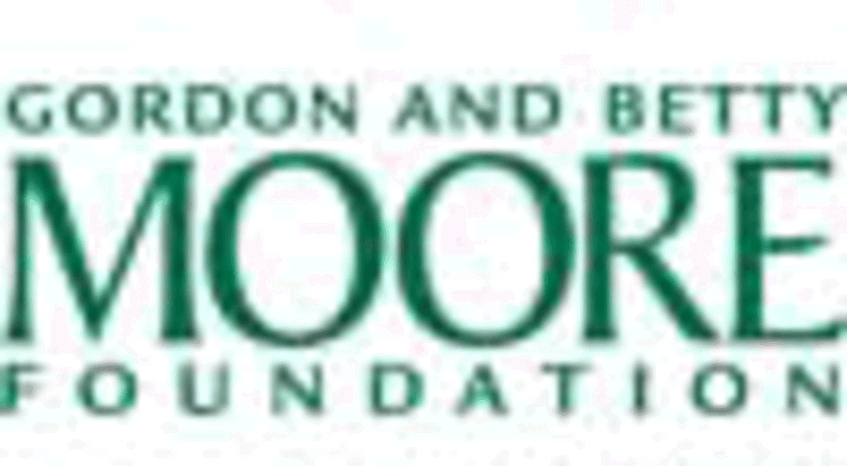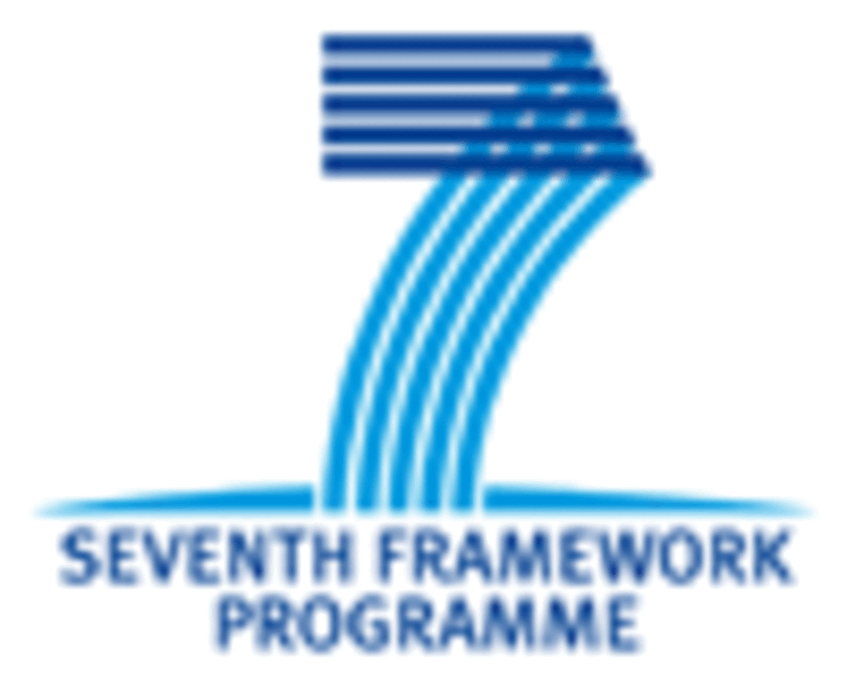Current Projects
NEREIDES: Neutrally Buoyant Particles in the Deep Sea: Turnover, Origin and Global Impact on the Marine Carbon Cycle – an ERC Advanced Grant project

Epifluorescence image of a bathypelagic neutrally buoyant detrital particle from 3390 m depth collected at the Charlie Gibbs Fracture Zone, North Atlantic. Scale bar – 100 μm;
Hazy areas not large objects but represent backscatter from the edges of the 30 μm filter pores [brackets].
Bochdansky, A.B., M.A. Clouse, G.J. Herndl, 2017: Eukaryotic microbes, principally fungi and labyrinthulomycetes, dominate biomass on bathypelagic marine snow. The ISME J., 11: 362-373
NEREIDES: Neutrally Buoyant Particles in the Deep Sea: Turnover, Origin and Global Impact on the Marine Carbon Cycle – an ERC Advanced Grant project
Description: Export of organic matter produced in the sunlit surface waters into the ocean’s interior removes about one third of the anthropogenically produced carbon dioxide. The amount of organic matter sinking into the deep ocean, however, is not sufficient to support the carbon demand of the heterotrophic food web in the ocean’s interior as revealed by several studies. Consequently, the oceanic carbon budget cannot be closed. Recently, we identified a hitherto unrecognised non-sinking, non-living particulate organic matter (POM) pool in the dark ocean with rather stable concentrations throughout the water column. This particle pool has not yet been considered in the deep-sea carbon budgets. Its origin and fate remain enigmatic as well as its nutritional role for the deep-sea biota. We aim at deciphering the compositional differences between the sinking and non-sinking detrital POM and compare their properties with that of the dissolved organic matter using state-of-the-art methods including proteomics. Specific focus will also be put on the composition and activity of the particle-associated biota in the ocean’s interior. We will analyse, for the first time ever, the composition of the biota and the biogeochemistry of these two classes of detrital particles in the deep North Atlantic. The results of NEREIDES will help elucidating the origin and fate of these enigmatic suspended particles and allow testing a major unresolved aspect in deep-sea biogeochemistry, i.e., whether these suspended particles provide the missing carbon to resolve the current mismatch in our measurements between organic carbon supply and demand of the heterotrophic deep-sea biota. The obtained results will form the base to model the dynamics of the non-sinking particles in the ocean on an ocean basin scale. Thus, NEREIDES will fill a major knowledge gap in the oceanic carbon cycling.
Collaborators: Zihao Zhao, Chie Amano, Theres Koch (University of Vienna)
Duration: 5 years (2024-2029)
Funding by Austrian Science Fund (FWF)
Biogeochemical processes and air-sea exchange in the sea-surface microlayer (BASS), 2022-2026
PI: Thomas Reinthaler
PhD in project: Dmytro Spriahailo
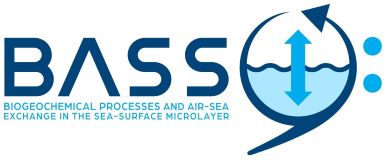
Funding by Austrian Science Fund (FWF)
Shedding light on dark ocean’s detrital particles: origin, composition and age (DEPOCA), 2022-2025
Short Description:
There is a major mismatch between the organic matter supply and the organic matter demand of the heterotrophic organisms inhabiting the deep-sea. The consumption of organic matter is much higher than the organic matter flux in to the deep-ocean and this mismatch increasing with increasing depth reaching one order of magnitude at 1000 m depth. Resolving this discrepancy between organic matter supply and consumption is the goal of DEPOCA. We have evidence, based on earlier work, that there is a major stock of organic particles in the deep-sea which is not sinking through the oceanic water column but is neutrally buoyant and hence, transported horizontally through the water column. While the source of these buoyant particles is unknown, we do have evidence that these particles are heavily colonized by bacteria and fungi utilizing this material. The project DEPOCA aims at deciphering the source and fate of these particles in the deep waters of the North Atlantic. During a research expedition, sinking and neutrally buoyant particles will be collected and the age and source of these particles determined. Also, the microbial community composition and the activity of the microbes will be assessed. We expect that these neutrally buoyant particles, which escape routine measurements will resolve the enigma of the “missing organic matter” in the deep ocean.
PI: Gerhard J. Herndl
PhD in project: Marilena Heitger
Funding by Austrian Science Fund (FWF)
DEcay of an invasive Ctenophore blOoms as perturbation to the coastal marine MicroBial community (DE-COMB), 2021-2025
PI: Gerhard J. Herndl
Postdoc in project: Eduard Fadeev
Funding by the European Union
Ecological tipping cascades in the Arctic Seas (ECOTIP)
PI: Gerhard J. Herndl
Postdoc in project: Chie Amano
